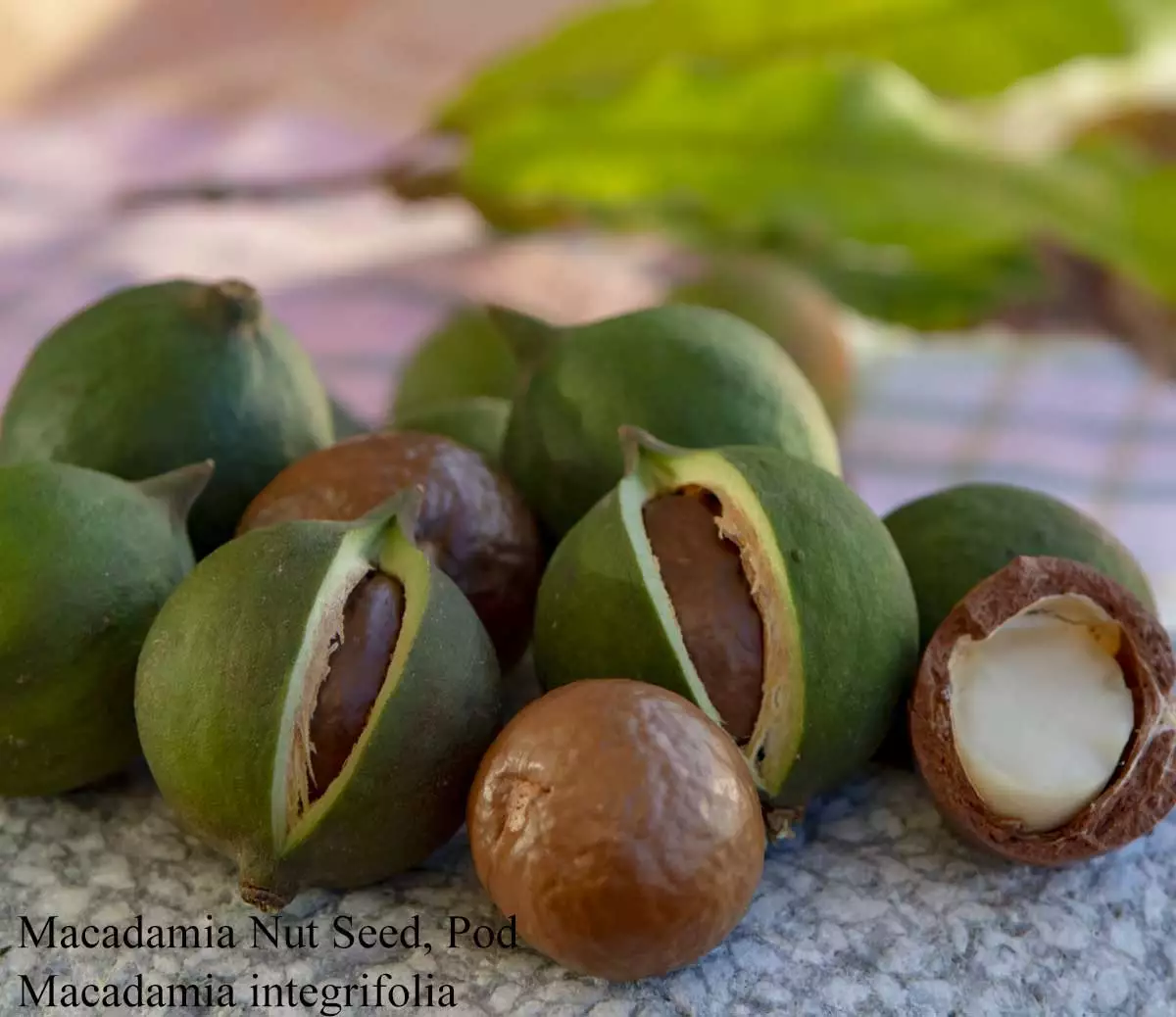
The Kenyan government has authorized a 30-day export window for raw macadamia nuts, beginning December 4, 2024, following the expiration of a previous 12-month export authorization on November 2, 2024. Agriculture Cabinet Secretary Andrew Karanja announced the decision after a stock verification exercise by the Agriculture and Food Authority (AFA) revealed that some exporters still held verified stocks of raw macadamia intended for export. Exporters wishing to utilize this temporary window must submit applications to the AFA with completed stock verification forms, with the Ministry aiming to help exporters clear pending stock through this measure.
This decision comes amid ongoing disputes in Kenya’s macadamia sector, where processors, represented by the MACNUT Association, continue to advocate for a permanent ban on raw nut exports. They argue that such exports undermine local processing, causing financial losses, reduced farmer incomes, and job cuts. Earlier this year, the Ministry of Agriculture imposed a ban on harvesting macadamia from November 2, 2024, to March 1, 2025, to stabilize the sector and curb the export of immature nuts. However, this directive faced legal challenges, with the High Court ruling against the Ministry’s interference in proprietary rights, allowing exporters to continue operations.
The challenges in Kenya’s macadamia industry reflect a broader trend of declining exports and revenue losses. In the first half of 2024, macadamia kernel exports generated KES3.3 billion (US$25.6 million), a significant drop from previous years. Meanwhile, raw nut exports have resulted in estimated revenue losses of over KES6.5 billion (US$50 million). The temporary export authorization aims to provide relief to exporters while the sector grapples with legal and economic complexities, highlighting the need for balanced policies to support both local processors and the export market.